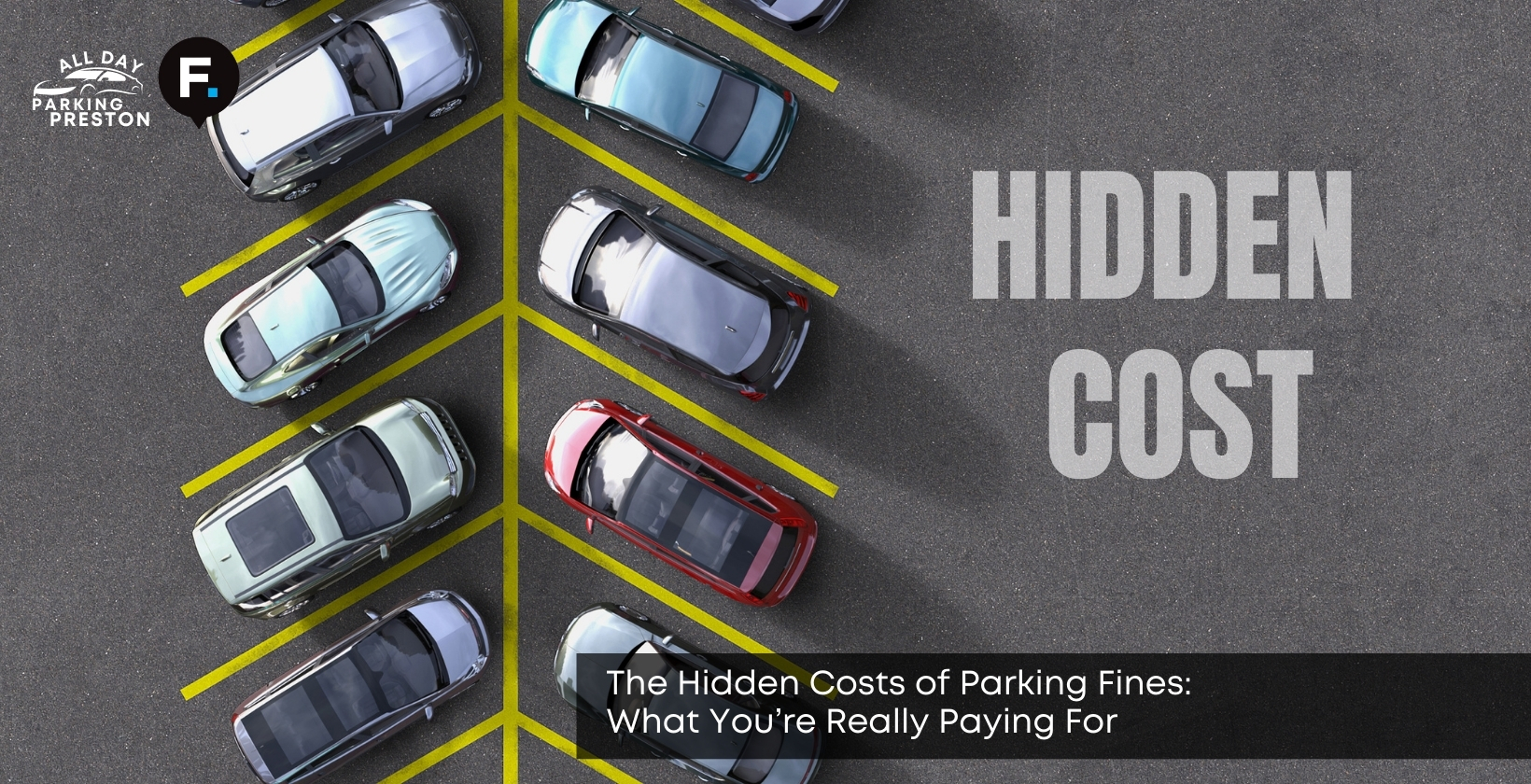Parking fines are more than just a one-time expense. Many drivers assume that once they pay the ticket, the problem is solved. However, parking violations can have unexpected financial and legal consequences beyond the initial fine. From late fees and increased insurance costs to potential legal trouble, the hidden costs of parking fines can add up quickly. This article explores how parking fines impact your finances, driving record, and credit score. By understanding these hidden costs, you can proactively avoid unnecessary expenses and comply with parking laws.
Why Do Parking Fines Exist?
Parking fines are issued to regulate traffic, ensure road safety, and prevent congestion in busy areas. Local authorities and private parking companies enforce these rules to maintain order and ensure fair access to parking spaces. Fines act as a deterrent against illegal parking, such as stopping in no-parking zones, exceeding time limits, or blocking driveways. While the purpose of fines is to encourage compliance, failing to address them can lead to escalating costs and further complications. Understanding how these fines work helps drivers recognise their full financial impact.
How Much Does a Parking Fine Actually Cost?
The cost of a parking fine varies based on location, violation type, and whether the fine is issued by a local council or a private parking operator.
- Council-issued fines (Penalty Charge Notices – PCNs) typically range from £50 to £130, with a 50% reduction if paid within 14 days.
- Depending on the operator, private parking fines (Parking Charge Notices) can cost between £60 and £100.
- Congestion charges and bus lane fines may be higher, starting at £160 or more in cities like London.
However, the actual cost of a parking fine extends beyond the initial fee. Failure to pay on time can lead to additional penalties.
What Happens If You Don’t Pay a Parking Fine on Time?
Ignoring a parking fine can lead to serious financial consequences. Most fines come with a discounted period for early payment, but once that window closes, the costs increase.
If you fail to pay:
- Penalty increases – Most councils double the fine after 28 days.
- Debt collection fees – Unpaid fines can be passed to a debt recovery agency, adding extra charges.
- Court orders and legal action—Unresolved fines may result in a County Court Judgment (CCJ), which can negatively affect your credit rating.
- Vehicle clamping or towing – In extreme cases, local authorities may clamp or tow your vehicle until the fine is settled.
Unpaid parking fines don’t just affect your wallet. They can also impact your credit score, which brings us to the next hidden cost.
Can Parking Fines Affect Your Credit Score?
Council-issued fines do not directly affect your credit score. Still, unpaid fines can lead to a County Court Judgment (CCJ) if escalated. Private parking fines, however, can be pursued as a civil debt.
Once a CCJ is issued:
- It appears on your credit file for six years, making it harder to secure loans or mortgages.
- Some employers and landlords check credit histories, meaning an unpaid fine could affect job applications or rental agreements.
- You may face difficulties getting finance deals for vehicles or insurance policies.
This financial impact extends beyond credit scores; parking fines can also raise insurance rates.
Do Parking Fines Increase Car Insurance Costs?
While a single parking fine won’t directly increase your car insurance, multiple unpaid fines or a CCJ on your record can make insurers see you as a higher-risk driver.
Some insurers view a pattern of unpaid fines as:
- A sign of financial irresponsibility, leading to higher premiums.
- This indicates that you frequently park in high-risk areas, increasing the likelihood of claims for vandalism or theft.
- A reason to reject applications or impose stricter payment terms.
Even if your insurance remains unchanged, paying off parking fines can disrupt your budget, making it harder to afford vehicle-related expenses.
How Can You Avoid Parking Fines and Extra Charges?
Preventing parking fines is easier than dealing with their consequences. Follow these steps to avoid unnecessary penalties:
- Always check parking signs before leaving your vehicle.
- Use parking apps to monitor time limits and find legal spaces.
- Set reminders for meter expiration times.
- Appeal unfair fines—many are overturned if contested properly.
- Consider prepaid parking options to avoid last-minute errors.
By staying informed and proactive, you can reduce the risk of fines and their hidden costs. But if you do receive a ticket, knowing how to handle it correctly is crucial.
What Should You Do If You Receive a Parking Fine?
If you get a parking ticket, act quickly to avoid additional charges. Follow these steps:
- Check the fine details – Confirm whether it’s a council or private ticket.
- Pay early if valid – Many fines are reduced by 50% if paid within 14 days.
- Appeal if necessary – If the ticket is unfair, gather evidence and submit an appeal.
- Keep all correspondence – Save emails, letters, and payment records for future reference.
- Seek legal advice if needed – If escalated, consult a solicitor or consumer rights organisation.
You can avoid financial stress and keep your driving record clean by handling fines properly.
Conclusion: The True Cost of Parking Fines
Parking fines are not just about paying a small fee. The hidden costs, late penalties, legal action, debt collection, insurance impacts, and credit risks, can create significant financial strain. By understanding these consequences, you can take steps to avoid unnecessary fines, handle disputes effectively, and maintain better financial control. Parking smartly not only saves money but also ensures a stress-free driving experience. Stay informed, park wisely, and avoid costly mistakes!


Leave a Reply